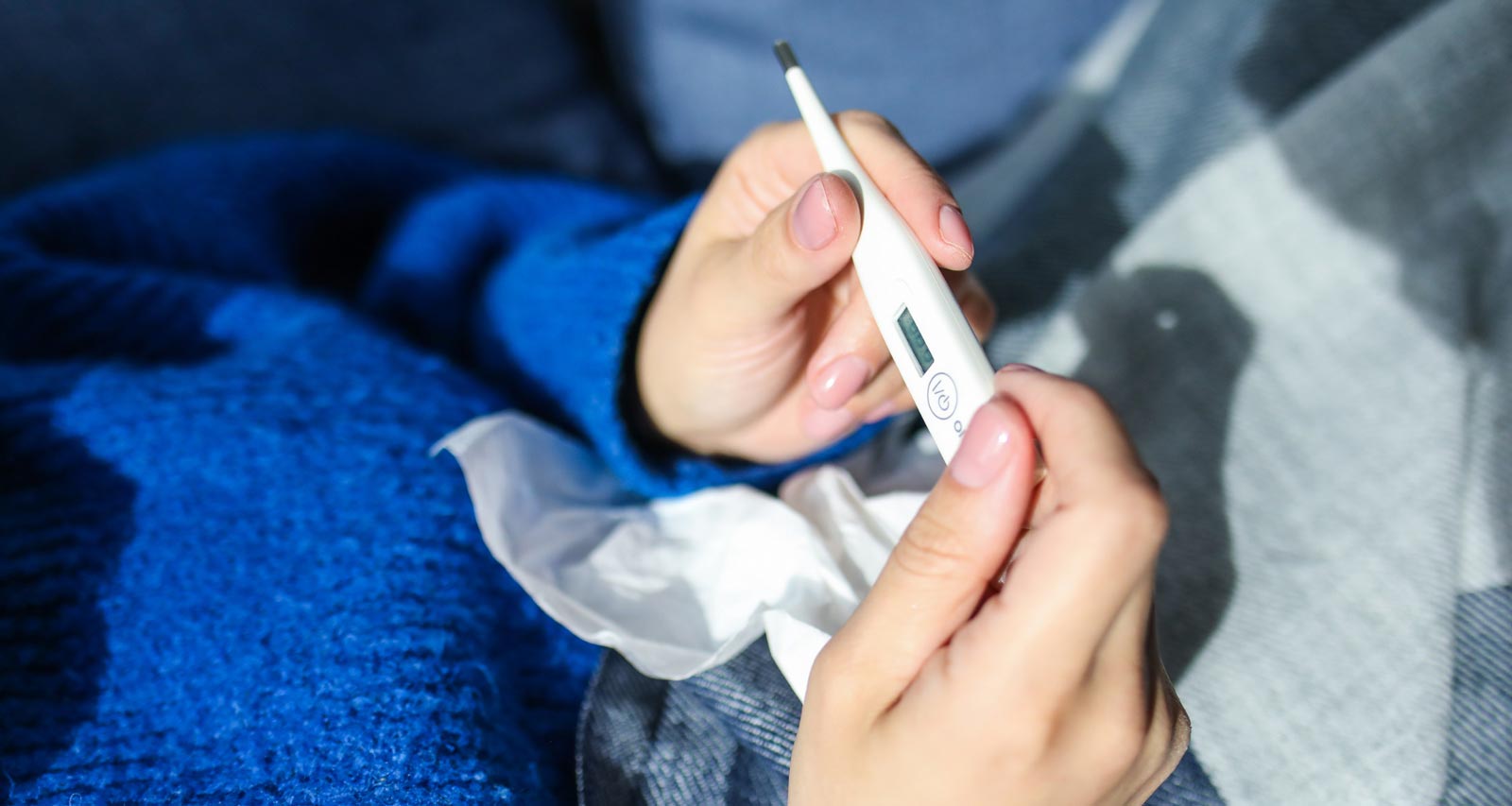You can get the congestion, aches and coughing of colds and flus any time of year, but they may be as common as sweaters during cooler months. During any given year, people in the United States develop an estimated one billion colds, and many happen during the fall or winter. While you can't completely avoid an upper-respiratory infection, you can take steps to lower your odds
A chest cold isn’t technically a cold at all. The common term for what’s really acute bronchitis often occurs after you’ve had an upper-respiratory infection, such as a cold. It’s usually caused
by a viral infection, particularly flu viruses. Symptoms include chest soreness, a cough that produces mucus, fatigue, mild head or body aches, a low fever, throat soreness and watery eyes. It usually clears up on its own, with time and rest.
Whether you want to prevent bronchitis or a cold or flu virus, wash your hands often. In fact, handwashing is so powerful a prevention that the Centers for Disease Control and Prevention compared it to a "do-it-yourself vaccine." Especially before, during and after handing food, caring for someone who’s sick and after using the restroom, wash your hands well with soap and water. Do so for about 20 seconds, or the length of time it takes to hum the "Happy Birthday" song twice. If you don't have access to soap and water, use an alcohol-based hand sanitizer containing at least 60 percent alcohol.
Anyone who has flu symptoms should stay home for at least 24 hours after the fever is gone except for necessities such as getting medical care — and for good reason. Cold and flu bugs are contagious and passed through the air. When someone who is sick coughs or sneezes near you, particles of the infection could enter your body, making way for the same illness. Avoiding such proximity can protect you from catching one.
The CDC recommends getting a yearly flu vaccination as the most important way to protect yourself from flu viruses. While they prevent the flu, they also guard against derivative bronchitis. Ideally, everyone six months and older should get one by the end of October. If you’re at high-risk for flu complications, which is the case for young kids, pregnant women, elderly adults and people with chronic conditions such as heart disease and asthma, the vaccine is especially important.
Even after you've come down with a cold, flu or bronchitis, you can be proactive about preventing complications and ensuring swifter healing. Make sure you follow the correct steps:
- Continue preventative habits. Washing your hands well and regularly and keeping a
distance from others who aren't sick can help prevent the passage of your illness to
others. - Rest as needed. Your body needs to rest when you're sick, so do your best to sleep
enough at night and take whatever time off you need from work and other obligations. - Consider an OTC medication. Cold and flu medicine can help ease your symptoms as
you recover. To rest easier at night, take Maximum Strength Mucinex® Fast-Max® Night Time Cold & Flu. For chest congestion only, take original Mucinex®, which works for up to 12 hours.
- Centers for Disease Control and Prevention: The Flu Season
- Johns Hopkins Medicine: Upper Respiratory Infection (URI or Common Cold)
- Centers for Disease Control and Prevention: Bronchitis (Chest Cold)
- Centers for Disease Control and Prevention: Handwashing: Clean Hands Save Lives
- Centers for Disease Control and Prevention: When and How to Wash Your Hands
- Centers for Disease Control and Prevention: CDC Says “Take 3” Actions to Fight the Flu Muninex: Maximum Strength Mucinex® Fast-Max® Night Time Cold & Flu
- Mucinex: Mucinex®







